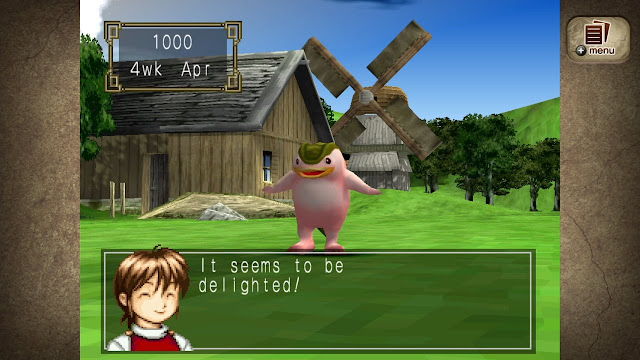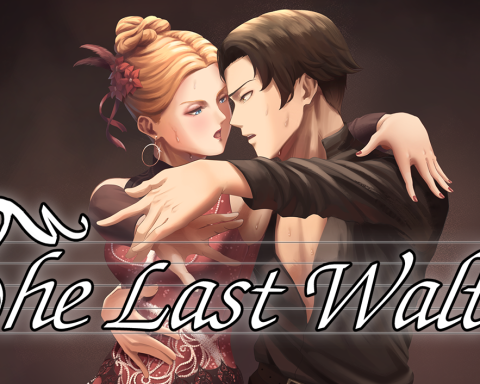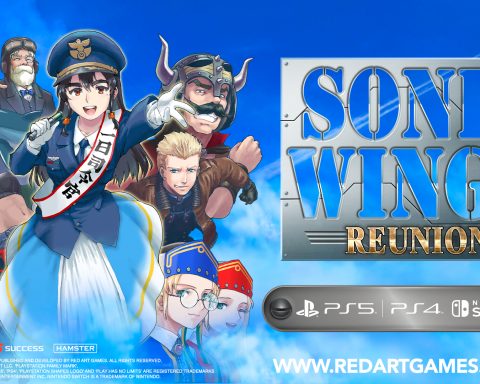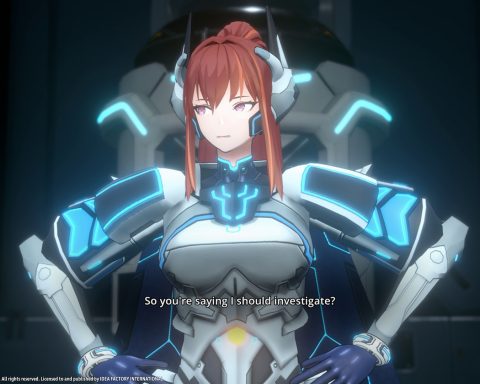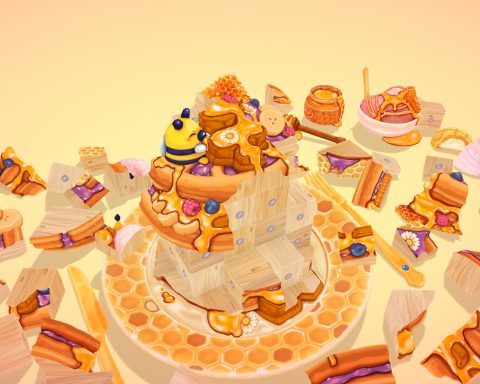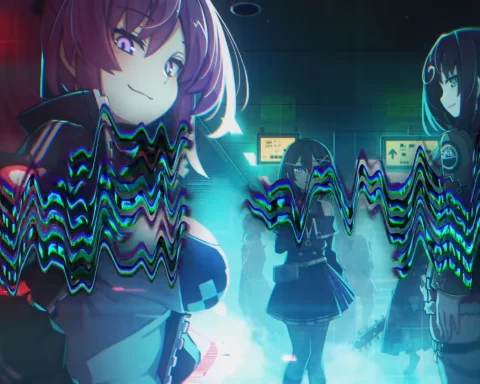There was a point where every developer and publisher needed to have their own monster battler game. Pokémon was, and remains, the lord and king of this space, but there were aspirants like Dragon Quest Monsters and Digimon that gave it a fair shake. There was also weird stuff like when Disney took a crack at it with Spectrobes. And there was Koei Tecmo (at the time just Tecmo)’s Monster Rancher. Most of these efforts have been retired, or at least greatly reduced in prominence and investment. Monster Rancher itself is a good example of that. It’s been more than a few years since the last new Monster Rancher title, and that’s why it was a surprise that Koei announced a collection of the first two classics in the series for PC, mobile, and Nintendo Switch. The announcement was a welcome surprise, though, because these two games are still a delight to play, even if one of their key features has, by necessity, become a compromise.
I’ll start with that: Monster Rancher and its sequel had a really neat feature where you could stick your music CDs into the PlayStation while running the game to generate a monster out of the data. Of course, there weren’t millions of different monsters, so the system was a bit arbitrary, but there was such a thrill in seeing what monsters your awesome-cool taste in music gave you. Unfortunately, that feature is impossible with the Nintendo Switch, and rather than get a really creative solution to the lack of a CD drive (I would have pitched a partnership with Shazam, personally), Koei Tecmo has instead built a massive searchable database. Now you just enter the name of your favourite band or CD, and the monster will be generated out of that. On the one hand, the database does seem to be quite comprehensive. Either my taste in music is far too mainstream, or the database really is that good, because most of my favourite acts popped up, and my all-time favourite CD, Placebo’s Without You I’m Nothing, is indeed in there (though weirdly either I either searched wrong or there is no Hatsune Miku music). This database is workable solution that still provides the fundamental functionality of the system, but it’s just not as much fun as physically turning your CD collection into a monster library.
Putting that aside, both titles in the DX mini-collection hold up beautifully. They’re less “Pokémon” than you might assume looking at the screenshots. Rather, they’re more akin to the Princess Maker series, where you need to set down a training schedule for your little critters, and develop their statistics over time (while earning enough money to feed them). Based on how you train them, their performance in battle will naturally differ, and that’s where the main part of the game cuts in. Every so often there will be tournaments that you can register your monster to fight in. Those play out a little like a menu-driven fighting game (in real time and you select attacks from a menu), and whichever monster has the most wins from a round robin gets the big pot of gold, and a load of fame besides.
There is a healthy grind involved in this. Weeks float by and numbers go up and down. There’s the occasional distraction for out-of-tournament combat or narrative bits (especially in Monster Rancher 2), but neither game deviates too far from its core loop, and is a nice reminder that once upon a time games focused on doing one thing well, rather than grand open-worlds filled with nothing worthwhile. What helps make Monster Rancher particularly engaging is two-fold: firstly, the monsters are really cute, and the little animated clips of them doing (or, sometimes, failing) at the tasks that you set them are delightful and somehow never get tiring to watch. I think it’s the unknown factor about whether they’ll succeed or fail that has you paying close attention. Secondly, you have a lot of control over how your monster develops, and you quickly become very attached to them and their growth and performance. This is where the link to Princess Maker comes in. Most monster-collecting games encourage you to see your pals as resources to battle. Even when they’re cute (hi, Pokémon), you’re still going to dump non-performing monsters in the storage box the moment you get something better. With Monster Rancher, you never have that many monsters, and you spend a lot of time with them. You care about them, and I was actually impressed by just how much I still found myself giving a damn when my mesh of green polygons, arranged in the vague shape of a dinosaur, was in danger of getting hurt in a battle.
There are going to be some that look at the presentation of these two titles, with the borders on either side of the screen to maintain the 4:3 aspect ratio of PlayStation consoles, and wish that these were remade rather than re-released. I think differently, though. The nostalgia suits Monster Rancher and, if anything, makes it easier to connect to the monsters over again. They might have a relatively limited range of animations, and combat isn’t overly flashy, but the heritage of some PlayStation 1 games give them a low-fi heritage and appealing aesthetic today, and Monster Rancher is a good example of that in action. Think of it as the vinyl of video games, if you will.
I do think Koei Tecmo could have done more to make this a celebration of the heritage. A “collection” feels more complete if there are more than two similar titles on it, and the quite different Game Boy Advance titles and Game Boy Color title (Card Battler) would have given the collection depth and better conveyed a sense of the series as a whole. Digital art books and the like, which Koei does so well when it wants to, would have been very welcome too. The retro collection and compilation space has so many titles now that this one does feel a little hurried out in comparison.
The core fundamentals of Monster Rancher are delightful, and while this collection has its issues, there aren’t all that many modern equivalents to what it offers, so they hold their value well. Whether this is some kind of elaborate market research with Koei canvassing interest for a potential new Monster Rancher, or a simple acknowledgement that the series still has fans and they’ll buy anything Monster Rancher-related, I don’t know. I almost hope they don’t make a new Monster Rancher, because the appeal of these games is in their simple charm. Simplicity that modern game development can’t get away with. In that context, I actually believe that Monster Rancher 1 & 2 DX will be the best of this series. Putting aside the inability to summon monsters via CD, both games have aged like the finest of wines, and remain some of the best examples of design from their era.


